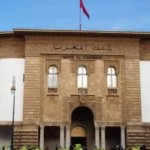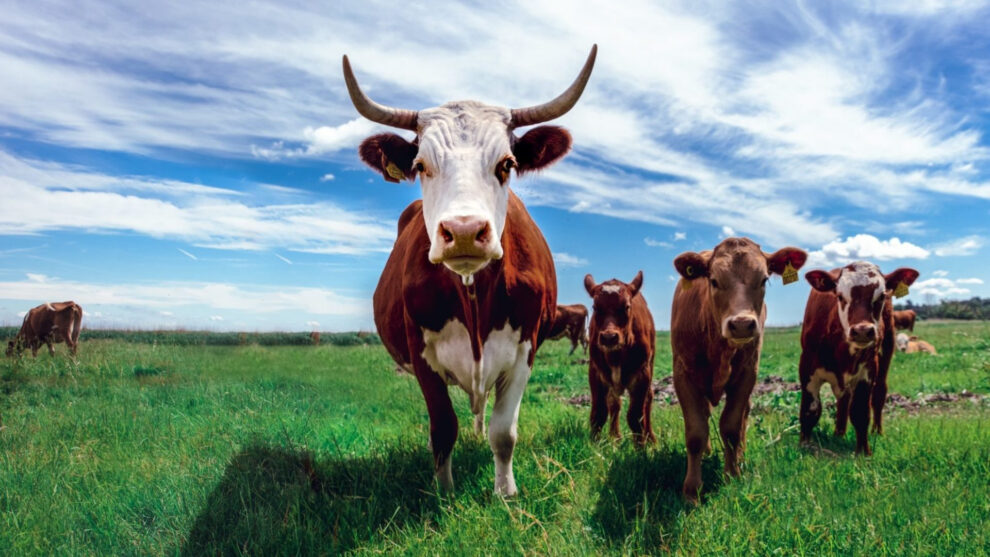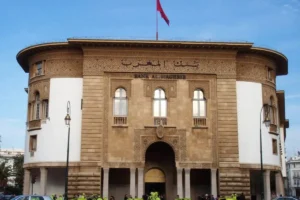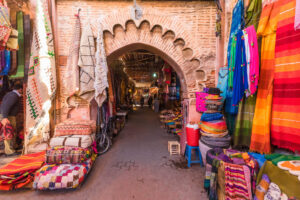Rabat – Morocco has imported 32,000 head of cattle and sheep since February, the Moroccan government has announced.
The announcement was made following a meeting on Monday between Head of Government Aziz Akhannouch and representatives of professionals operating in the red meat sector, with the latter inquiring about the availability and condition of cattle in preparation for Eid Al Adha, also known as Feast of Sacrifice.
“The meeting made it possible to note the good sanitary condition of the livestock, thanks to the efforts taken by the National Office for the Sanitary Safety of Food Products (ONSSA),” said a statement from the head of government office.
Since February, Morocco has imported some 22,000 heads of cattle and 10,000 heads of sheep.
“The government has taken numerous emergency measures to ensure the stability of red meat prices, restore the balance of the sector, and build up the herd in the short term, under a program contract drawn up with professionals,” Akhannouch said, stressing that an agreement will soon be signed by the Ministry of Agriculture and representatives of professionals from the red meat sector.
The goal of the agreement will be to supply the national market with sufficient quantities of meat and ensure price stability, Akhannouch explained, recalling his government’s repeated pledges to help balance prices of essential food products amid soaring prices.
Red meat prices currently range between MAD 105 and MAD 125 in Moroccan markets, far above the expectations and purchasing power of low- and average-income Moroccan citizens.
In addition to soaring prices, many across Morocco have voiced their concerns about the quality of imported red meat from countries like Brazil, to which Morocco recently turned to import cattle in a bid to ensure a regular supply of the domestic market and stabilize red meat prices.
Last week, however, many in Morocco started casting doubt over the quality of Brazilian cattle after videos and images of the cattle surfaced online, with most commenters on social media pointing to the discernibly poor health of the cattle.
Hayat Laraich, an MP from the Socialist Union of Popular Forces (USFP) political party, has been one of the most vocal critics of the government’s decision to import cattle from Brazil.
Amid last week’s controversy over the quality of Brazilian cattle, Laraich grilled the government about whether it has taken measures to mitigate the potential safety challenges related to Morocco’s importing of foreign cattle to supply its markets.
The cows Morocco is importing from Brazil carry new genetic material, the MP has argued, stressing that this could lead to a negative impact on Morocco’s livestock biodiversity due to “potential genetic contamination.”
In response to such concerns and criticisms, the government has sought to emphasize that, thanks to ONSSA’s monitoring system, only good quality products are approved for sale in markets across Morocco.
Recalling ONSSA’s “strict control process” in comments made earlier this month, Morocco’s Agriculture Minister Mohamed Sadiki even went as far as to suggest that cattle Morocco imports from Brazil are among the best breeds in the world.
Source: morrocoworldnews
















